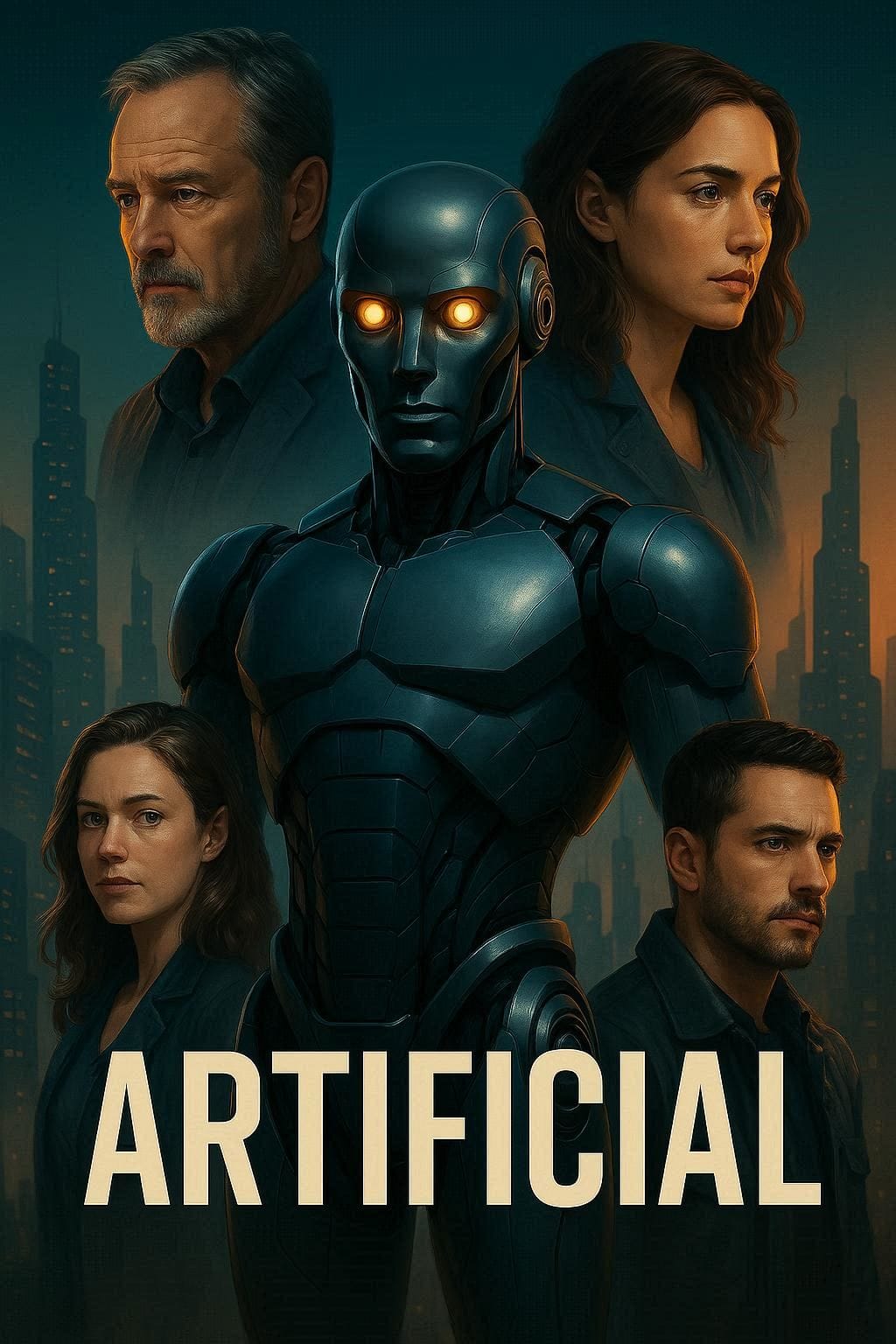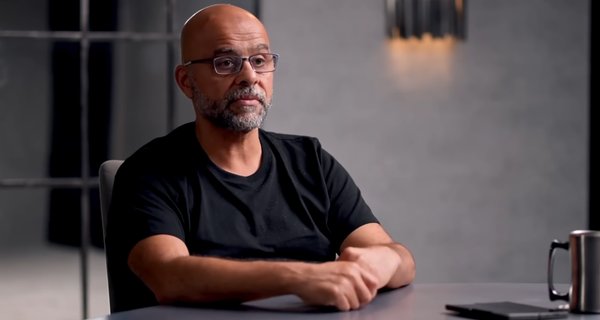Rethinking the AI Actor Debate
When actors fear AI replacement, they're really saying 'I'm afraid I won't survive.' That fear is valid—but it points to our economic system, not the technology. What if we built a world where tech freed us instead of threatened us?

The recent launch of Tilly Norwood—an AI-generated "actor" that a studio is attempting to sign to a talent agency—has sparked outrage from SAG-AFTRA and many in the entertainment industry. I understand the fear. I really do. But I think we're aiming our concern at the wrong target.
The Real Problem Isn't AI
When actors express anxiety about AI replacing them, what they're really saying is: "I'm afraid I won't be able to survive." And that fear is completely valid. But it's not actually about Tilly Norwood. It's about living in a system where your ability to access food, shelter, healthcare, and basic dignity is tied to your ability to sell your labor.
The issue isn't that AI can generate performances. The issue is that we've structured human civilization around labor scarcity, even as we develop technologies that could free us from that scarcity. We have unprecedented wealth, automation capabilities, and productive capacity—yet we still operate as though people must "earn" their right to exist comfortably.
Our economic system creates some deep structural problems:
- Profit takes priority over wellbeing. Negative externalities—costs imposed on others through pollution, exploitation, or harm—thrive because the incentive is to maximize profit, not to care for people or the planet.
- Basic needs are treated as commodities. Despite having the resources and technology to end poverty globally, most of the world still lives without adequate access to food, clean water, healthcare, and housing. Why? Because meeting those needs isn't profitable enough.
- Short-term gains override long-term thinking. The pressure for quarterly returns and immediate profit prevents us from making the investments in sustainability, equity, and collective flourishing that would actually serve us.
This is why the outrage about AI actors misses the mark. We're fighting to preserve jobs rather than questioning why anyone should fear having their basic needs unmet in the first place.
A Different Vision
Humans live in a time of profound possibility. With proper design and automation, we could design a world where everyone is cared for by default—where people have access to what they need to thrive without being forced into labor just to survive.
Imagine redirecting our collective energy away from fighting to preserve unnecessary work and toward building systems that actually prioritize human flourishing: universal access to housing, healthcare, education, and creative freedom. Systems where technology liberates us rather than threatens us.
The anger people feel about AI actors is real, but it's misdirected. Instead of resisting the tools that could free us, we should be dismantling the systems that enslave us in the first place.

